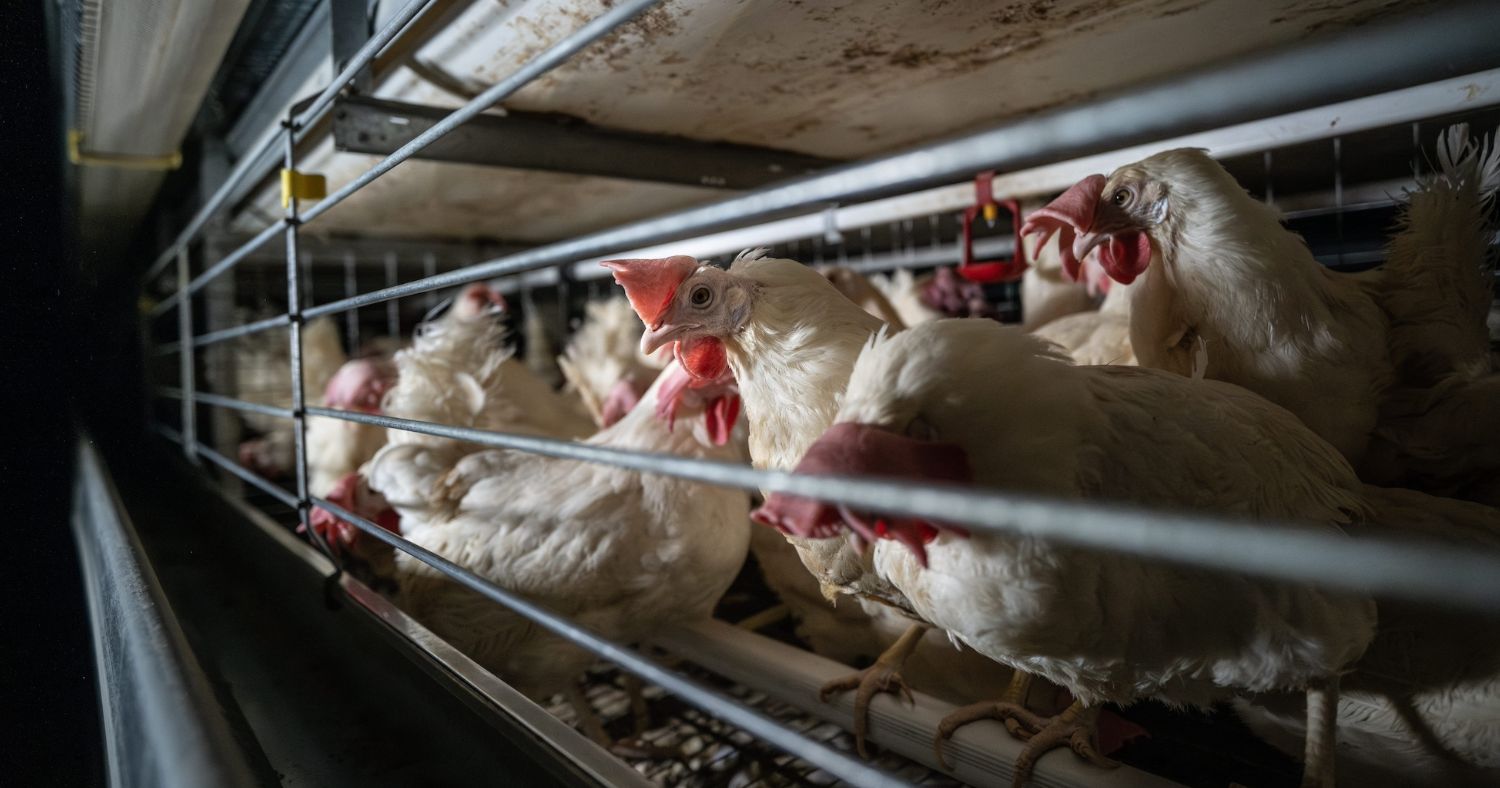In the past few months, two private member’s bills have been introduced to the House of Commons in an effort to amend Canada’s animal cruelty laws in the Criminal Code of Canada. In April 2014, MP Isabelle Morin introduced bill C-592 and in June, 2014 MP Irwin Cotler introduced bill C-610. Both of these private member’s bills seek to amend Canada’s federal animal cruelty provisions, governed by sections 444 to 447 of the Criminal Code. [1]
Canada’s Criminal Code animal cruelty provisions were first enacted in 1869 and reflected the customs, values and knowledge of that time. [2] They have remained largely unchanged, however, and thus animals are still considered property under the Criminal Code’s governance of property rights and offences connected with trade. This economic evaluation of animals is still discernible in the Criminal Code which has separate offences for commodities such as cattle. To respond to this antiquated view of animals, both bills C-592 and bill C-610 introduce offences which are not species or breed specific and encompass ‘any animal.’
| Bill C-592 Introduced by MP Isabelle Morin in April, 2014 and is awaiting its second reading this month. This bill seeks to:· Clearly define the term ‘animal’ so that it encompasses “all vertebrates, other than human beings, and any invertebrate with a central nervous system”;
· Introduce an offence for anyone who negligently causes unnecessary pain, suffering or injury to an animal; · Define “negligently” as wanton or reckless disregard for the lives or safety of animals. |
Bill C-610 Introduced on June 6, 2014 by MP Irwin Cotler. This bill seeks to:
· Establish an offence for anyone who negligently causes unnecessary pain, suffering or injury to an animal or bird; · Define “negligently” as a marked departure from the standard of care used by a reasonable person; · Establish an offence for animal owners for wilfully or recklessly abandoning an animal or failing to provide suitable food, water, air shelter and care. |
| The progress of each bill can be followed at: http://www.parl.gc.ca and the Bills can be searched for by number. | |
Canada’s Criminal Code also has provisions which seek to prevent the unnecessary suffering of animals. A plain reading of the Criminal Code would lead one to think that Canada has a zero tolerance for animal cruelty.
Unfortunately, egregious acts of animal suffering have gone unpunished because the Criminal Code requires that ‘willful neglect’ be proven. This means that the accused must have intended to harm, injure or kill the animal and have the requisite motivation to cause unnecessary pain and suffering. Thus, many acts of animal cruelty have been acquitted on the basis that the person did not think their actions would harm an animal.
For instance, in R v Higgins a cat owner sought to discipline his cat and broke its leg after hitting it with a broom. Since he did not believe chasing the cat and hitting it with a broom would cause this level of harm, he was acquitted.
“In January, a husky and a cat were found dead in a Calgary alleyway with their mouths taped shut. In October, a police dog named Quanto was stabbed multiple times when he was on duty in Edmonton. We need new policies. There is a growing movement calling for better protection for our animals.” – MP Isabelle Morin [3]
To respond to this reasoning which has allowed many acts of animal cruelty to go unpunished, both MP Morin and MP Cotler advocate for the inclusion of negligence offences. Negligence connotes conduct which falls below the shared morals, standards and values required by society and thus, regardless of whether a person believed their actions would cause harm, their conduct would be judged against that of the reasonable person. [4]
“The bill [C-610] establishes an offence for anyone who negligently causes unnecessary pain, suffering, or injury to an animal or bird, or, being the owner, wilfully or recklessly abandons it or fails to provide suitable and adequate food, water, air, shelter, and care for it. It also punishes those who negligently injure an animal or bird while it is being conveyed.” – MP Irwin Cotler [5]
The Criminal Code is one of Canada’s oldest pieces of legislation and it should not be isolated from amendments and provisional challenges. The Criminal Law Amendment Act, 1968-69 saw the abolishment of provisions which criminalized homosexuality and abortion and even more recently, the Supreme Court of Canada struck down laws relating to prostitution. These are just a few instances which showcase that the Criminal Code can change and respond to contemporary challenges and broader public moral discourses. Bills C-592 and C-610 both seek to make the Criminal Code contemporaneous of broader social values and norms and secondly, amend a legislative framework which allows many acts of animal abuse to go unpenalized.
Written by Kerrie Lowitt – MSc, BES, JD Candidate – Summer Student for Animal Justice Canada
This blog and the contents herein are for informational purposes only and do not constitute legal advice. Readers are advised to seek legal counsel prior to acting on any matters discussed herein. The opinions expressed are those of the author.
Citations:
[1] The Criminal Code, RSC 1985, c C-46.
[2] Lesli Bisgould, Animals and the Law. Toronto: Irwin Law (2011).
[3] Online: http://openparliament.ca/bills/41-2/C-592/
[4] Halsbury’s Laws of Canada, “Negligence” at para HNE – 1.
[5] Online: http://openparliament.ca/bills/41-2/C-610/




